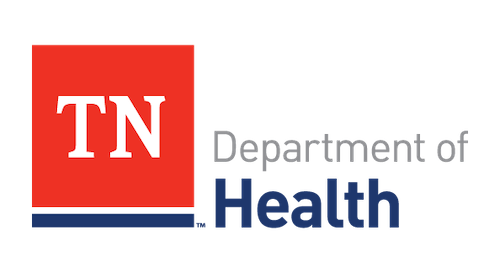CDC Stroke Surveillance Fellowship, ORISE
Category : Alumni
Reference Code
CDC-DHDSP-2020-0055
Application Deadline
2/12/2020 3:00:00 PM Eastern Time Zone
*Applications will be reviewed on a rolling-basis.
Description
A research opportunity is currently available with the Division for Heart Disease and Stroke Prevention (DHDSP), within the National Center for Chronic Disease Prevention and Health Promotion (NCCDPHP) at the Centers for Disease Control and Prevention (CDC) in Atlanta, Georgia.
The Epidemiology and Surveillance Branch (ESB) has an opportunity for a participant to be involved with the Paul Coverdell National Acute Stroke Program (PCNASP) which supports statewide, data-driven quality improvement across the stroke care continuum for better patient outcomes.
Under the guidance of a mentor, the selected participant will gain experience in stroke surveillance and quality improvement efforts. The participant will have opportunities to interact with program grantees to learn about critical activities such as program strategies, interventions, evaluation, and improvements. The participant will have the opportunity to build skills in synthesizing data/information and conducting literature reviews and contributing to developing responses to scientific inquiries and requests for information about assigned projects. The participant will receive training and feedback in creating presentations for internal and external use at meetings or conferences. The participant will receive support in learning about data alignment and the mapping of data, conducting statistical data analyses and will contribute to the writing and revising of peer-reviewed manuscripts. The participant will have the opportunity to learn about and support future program efforts for stroke and will learn about developing and maintaining quality improvement in state environments, communication efforts on stroke signs and symptoms recognition, and program evaluation efforts. Under the guidance of a mentor, the participant may also have the opportunity to learn about and conduct other related activities that further the science base related to prevention of cardiovascular disease and stroke.
Anticipated Appointment Start Date
February 24, 2020
This program, administered by ORAU through its contract with the U.S. Department of Energy to manage the Oak Ridge Institute for Science and Education, was established through an interagency agreement between DOE and CDC. The initial appointment can be up to one year, but may be renewed upon recommendation of CDC contingent on the availability of funds. The participant will receive a monthly stipend commensurate with educational level and experience. Proof of health insurance is required for participation in this program. The appointment is full-time at CDC in the Atlanta, Georgia, area. Participants do not become employees of CDC, DOE or the program administrator, and there are no employment-related benefits.
Qualifications
The qualified candidate should have received a master’s or doctoral degree in one of the relevant fields. Degree must have been received within five years of the appointment start date.
Preferred skills
- Strong data management
- Experience using statistical software (e.g., SAS, R, or SPSS)
- Experience conducting literature reviews
Eligibility Requirements
- Degree: Master’s Degree or Doctoral Degree received within the last 60 month(s).
- Discipline(s):
- Life Health and Medical Sciences
- Social and Behavioral Sciences
How to Apply
A complete application consists of:
- An application
- Transcripts – Click here for detailed information about acceptable transcripts
- A current resume/CV, including academic history, employment history, relevant experiences, and publication list
- One educational or professional recommendation. Your application will be considered incomplete, and will not be reviewed until one recommendation is submitted.
All documents must be in English or include an official English translation.
If you have questions, send an email to ORISE [dot] CDC [dot] NCCDPHP [at] orau [dot] org. Please include the reference code for this opportunity in your email.
To apply, click here.







Recent Comments